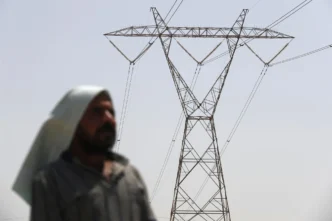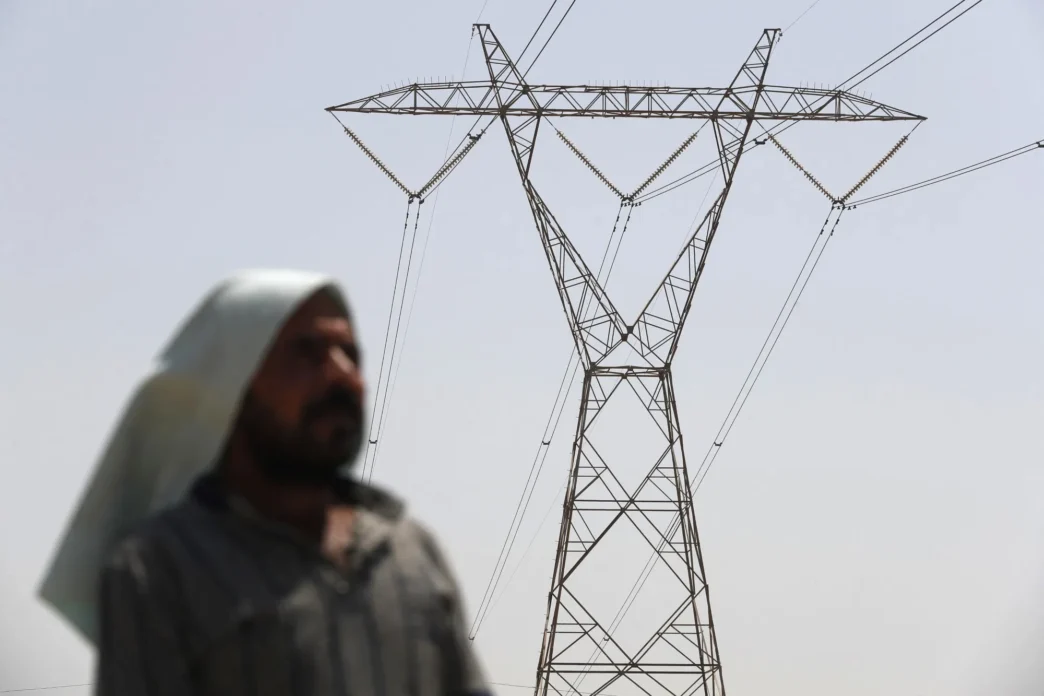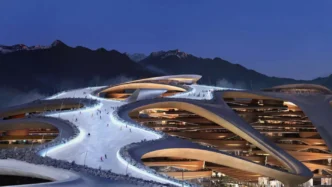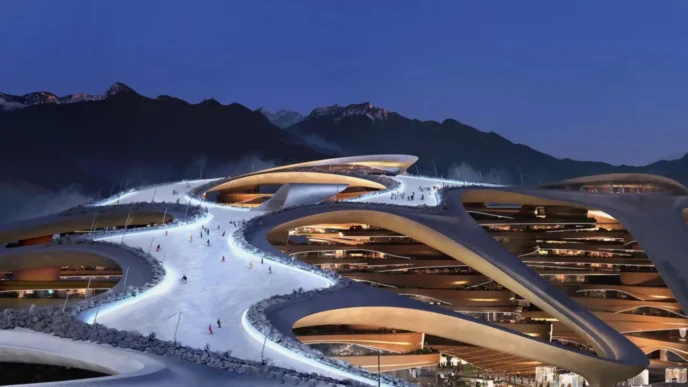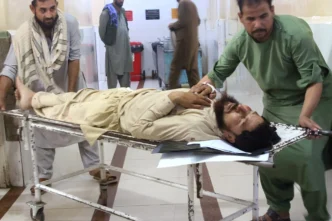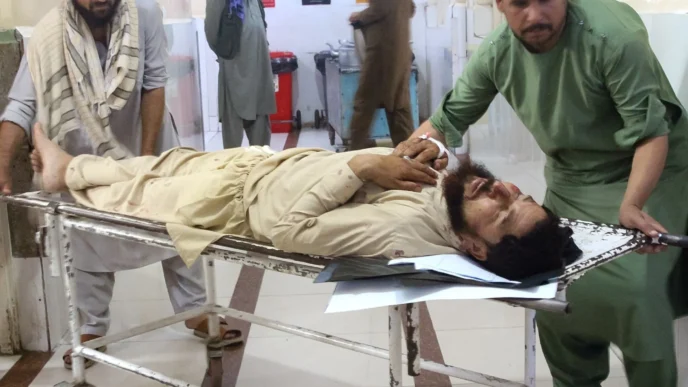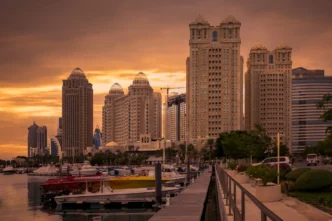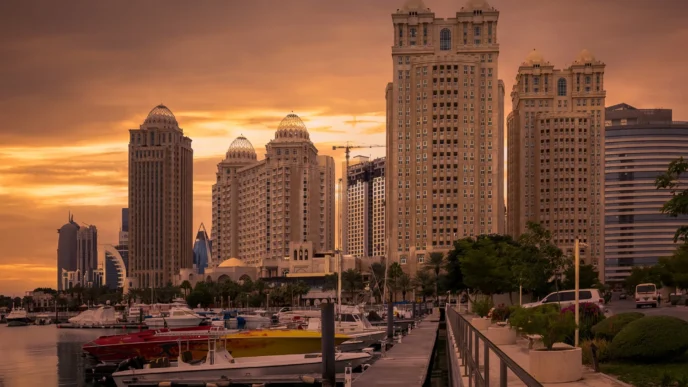Iraq has been left reeling after a devastating heat wave pushed its fragile power grid to the brink, triggering widespread blackouts across the country and underscoring the nation’s ongoing struggle with climate stress, infrastructure decay, and political instability.
The blackout—described by officials as one of the most severe in recent years—came as temperatures soared past 51°C (124°F) in several provinces, shattering seasonal records and creating unbearable living conditions for millions. With air conditioners, fans, and refrigeration systems running at maximum capacity, the national grid buckled under demand, forcing entire regions into darkness.
A Grid at Breaking Point
Electricity officials said the country’s generation capacity was simply no match for the record-setting consumption. Iraq’s power infrastructure—much of it damaged during decades of war, underinvestment, and corruption—has long been unreliable. The latest crisis, however, is not just a technical failure; it’s a warning of how extreme weather events can cripple a country’s essential systems in mere hours.
“Every summer we say this is the worst year, and every summer it gets worse,” said Ahmed Karim, an engineer in Baghdad’s electricity department. “The heat is unbearable, the power plants are outdated, and the demand keeps climbing. It’s a perfect storm.”
Public Anger Boiling Over
As darkness fell and temperatures inside homes soared, frustrated residents took to the streets in protest. In Baghdad, Basra, and Nasiriyah, small but vocal demonstrations erupted, with crowds demanding urgent reforms and accountability from the government. Some protesters blocked roads, while others gathered outside electricity ministry offices, accusing leaders of mismanagement.
Water shortages added to the misery, as pumping stations—also reliant on electricity—fell offline, leaving many neighborhoods without running water for hours. Hospitals struggled to keep emergency generators running, and food vendors reported losses as perishable goods spoiled.
Government Scrambles for Solutions
Prime Minister Mohammed Shia’ Al Sudani convened an emergency meeting of the energy and interior ministries to coordinate a national response. Measures under consideration include importing emergency electricity from neighboring countries, deploying mobile generators to critical sites, and urging citizens to conserve energy during peak hours.
However, energy analysts warn that Iraq’s problems run deeper than any short-term fix can address. “The blackout is a symptom of a systemic collapse,” said Farah Al-Hadidi, a Middle East energy expert. “Iraq needs massive investment in power generation, grid modernization, and renewable energy—but political fragmentation and corruption make that incredibly difficult.”
Climate Change as a Threat Multiplier
While Iraq’s power crises are not new, the frequency and severity of heat-related blackouts have intensified in recent years, in line with global warming trends. The country is already ranked among the world’s most vulnerable to climate change, with shrinking water supplies, desertification, and increasingly deadly summer heat waves.
The United Nations has warned that Iraq could see average summer temperatures rise by another 2–3°C in coming decades, making prolonged 50°C heat waves the norm. For a country where energy insecurity is already a flashpoint for unrest, the stakes could not be higher.
A Summer of Uncertainty Ahead
As technicians race to restore power, many Iraqis are bracing for more outages in the weeks ahead. With the hottest part of summer still to come, the fear is that this blackout could be the first of several—each one testing the resilience of Iraq’s infrastructure, government, and people.
“We’re not just fighting the heat,” said Basra resident Hadi Salman. “We’re fighting the feeling that our country can’t handle the future that’s coming.”
If Iraq fails to strengthen its power systems and adapt to the accelerating pace of climate change, experts warn, the country risks a cycle of summer crises—each one more destructive than the last.

